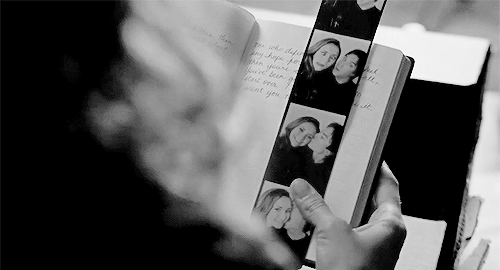
I cover The Vampire Diaries for Wetpaint, so much of my week was spent professionally reacting to the announcement of Nina Dobrev’s departure from TVD. In all of this writing, it was easy to forget what this major TVD change means to me on a personal level. When I first heard the news, I was surprised at how hard it hit me. Don’t get me wrong — I love Nina and have loved the many characters she has portrayed on TVD — but it’s been awhile since I was seriously invested in the Delena relationship or, frankly, Elena’s character on the whole. Then, I started thinking back about how long I have been watching this show…
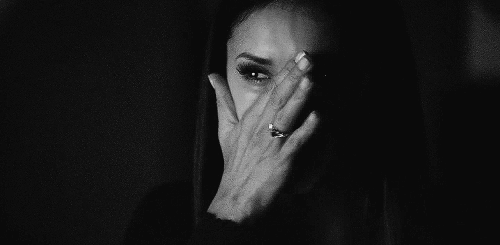
Right now, I am 27, which means I started watching TVD when I was 22. When it premiered its pilot episode in September of 2009, I was freshly graduated from college and mostly clueless about how hard the upcoming period of my life would be. Looking back, it is easy to see how graduating from college into a struggling economy was one of the hardest transitions I have ever made. I made so many misguided decisions, but learned a lot from them. I have grown up in so many ways since that moment in my life and, as cheesy or weird as it sounds, TVD has been a constant through all of it.
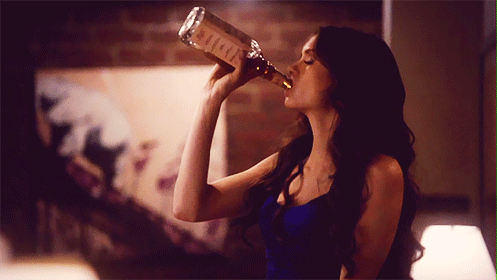
And this is how TV works, isn’t it? This is the relationship we have to it: It comes into our homes, and it does so on a regular basis. It is our way of thinking through our personal lives and larger social issues, a sounding board that allows us to reflect on the problems and wonders of life with the comforting and, at times, illuminating distance of narrative. One of my favorite books on TV is John Ellis’ Seeing Things: Television in the Age of Uncertainty. In it, Ellis argues:
Television imbues the present moment with meanings. It offers multiple stories and frameworks of explanation which enable understanding and, in the very multiplicity of those frameworks, it enables its viewers to work through the major public and private concerns of their society.
The books expands on this thesis that TV presents multiple ways of working through private and public issues. Ellis argues that, though TV gives us multiple forms and narratives for working through issues — from the TV drama I tend to prefer to the reality program to the talk show to the soap opera — it doesn’t offer a “right” answer in the way it used to in previous eras of television history. And herein lies its cultural advantage…
Television itself as a form tends … towards uncertainty and openness. This I believe to be television’s distinctive contribution to the contemporary age: a relatively safe area in which uncertainty and can be entertained, and can be entertaining. Certainty, after all, has its disadvantages in a complex and changing world.
I’m eager to extend this idea into fandom, which I think delineates an entirely new mode of watching — or, more accurately: interacting with — television. We live in a media age where the conversation continues not only at the figurative water cooler, but online through television criticism and fandom culture. Narratives are deconstructed, reviled, adored, torn apart and pieced back together. More voices with a greater diversity are able to gather and have a conversation centered around these common narratives. We are able to “work through” these issues together in a broader sense of that term than ever before.
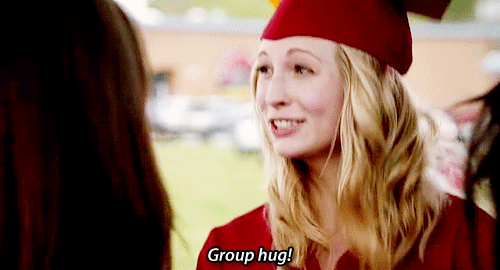
What does all of this have to do with Nina Dobrev leaving The Vampire Diaries? Everything. Because, for many people of my generation, TVD has been a primary television example of working through — both through the show itself and the fandom. It definitely has its problems — socioeconomic diversity, for one — but it has gotten some things right, too. Though the vampire craze is more or less over, people are still asking the question: why are vamps so popular? This is a complicated question that at least partially hinges on an oversimplification of Twilight, True Blood, and The Vampire Diaries’ success with their vampire characters. Many point out vampire stories’ narrative possibility of staying young and beautiful forever as one of its major appeals. And, yes, duh. As a recent college graduate moving into a culture that is continuously telling us — especially women — that, as soon as we get old, our lives are over, I can’t imagine this not factoring in.
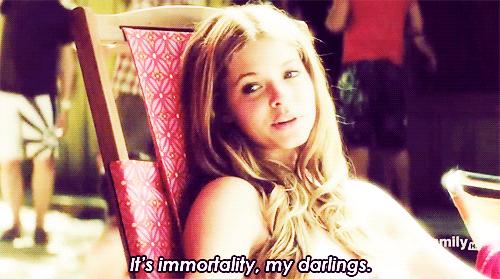
But immortality will only get you so far in attracting viewers and, for the characters of TVD, it is hardly ever mentioned (though, admittedly, it’s basically written into the subtext of this show given the supernatural attractiveness of its cast). I have a higher opinion of my generation than the popular representation of vapid, lazy kids who only care about garnering social media likes. Therefore, I have an alternate opinion about why TVD has resonated so much with my generation and it has everything to do with the show’s representation of vampires’ major drawback: the burden of feeling too much. That’s right: the main drawback of being a vamp within the TVD universe is feeling too alive. That’s a pretty interesting depiction of vampirism given what I see as one of the major concerns of the Millennials generation: that we will all turn into emotionless, disinterested cogs in a humanity-less capitalist machine. (Just me?)
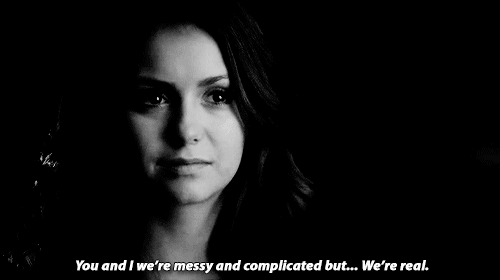
TVD has doubled down on this theme in its most recent season, and it has led to a creative resurgence. Who doesn’t relate to Caroline’s decision to turn her humanity off? We are surrounded by people who seemingly turn their humanity off on a regular basis. We do it as a society all of the time. We ignore the poor and the sick and the less powerful both within the borders of our own country and abroad. Our government makes decisions that benefit the few while the many suffer and most of it is reinforced by the mass culture like TVD.
Professor Ellis actually has some things to say about this, too, because television not only gives us a way to at least attempt to work through our social anxieties and dilemmas, but it also gives us a way to bear witness to others’ lives. As Ellis puts it:
The very act of broadcast transmission itself creates a sense of instantaneous contact with the audience. The act of broadcast and the act of witness take place in the same instant, whether or not the events witnessed are taking place ‘live’ … Broadcasting also creates a sense of contact with other members of the dispersed audience, a sense that others, anonymous though they may be, are sharing the same moment. Broadcast television is present both in the here and now of the individual viewer and of the world that surrounds them: the regional or even national reach of broadcast signals.
This is most devastatingly and powerfully felt when we are able to bear witness to the effects of war and violence and tyranny and oppression both within our own country and abroad. Though a larger cultural context is never address on TVD — these characters never think to use their superhuman powers to save lives or address social ills — it’s easy to apply this desire (and, sometimes, decision) to turn one’s humanity off to our own culture.
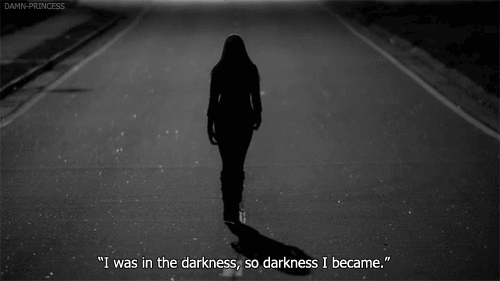
I may have gotten a little off topic here, but — for me — the announcement of Nina’s upcoming departure from this show is big. The weight with which it hit took me surprise. But, really, why should it? Yes, my generation is often mocked for the high regard we hold for television, but engaging in pop culture is not an inherently mindless act. For many TV fans, especially those active in fandom, engaging in pop culture is an intentional, thought-provoking, community-building experience. I am sad to see Nina go because it is the end of a TV era (not to mention a sign that we are all growing up). Elena Gilbert and TVD are engrained into the cultural consciousness of my generation, and I’m not ashamed to declare my love for both.
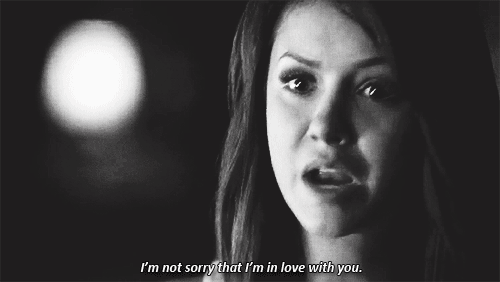
How are you feeling about Nina’s departure? Why do you think The Vampire Diaries has had such cultural appeal and staying power? Have you ever thought about your television watching experience in these terms? Let me know in the comments below!
If you’re interested more specifically in my thoughts on how Nina’s departure will effect the show, check out some of the articles I wrote this week for Wetpaint:
3 Reasons We’re Upset Nina Dobrev is Leaving The Vampire Diaries
4 Reasons We’re Fine With Nina Dobrev Leaving
6 Ways Nina Dobrev Might Be Written Off The Vampire Diaries

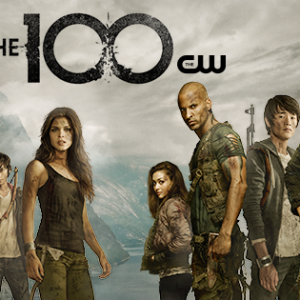
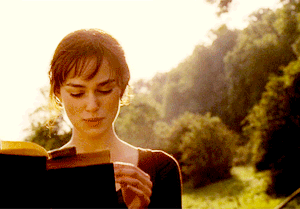

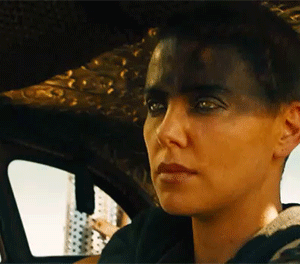
Leave a Reply